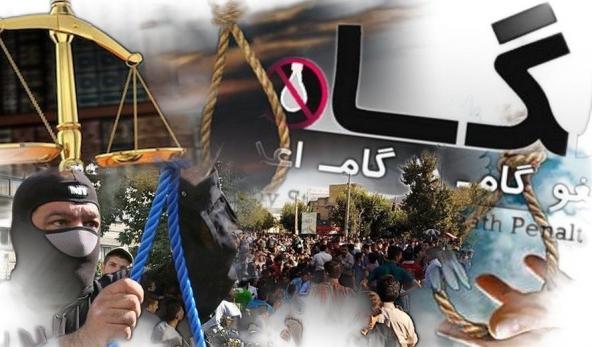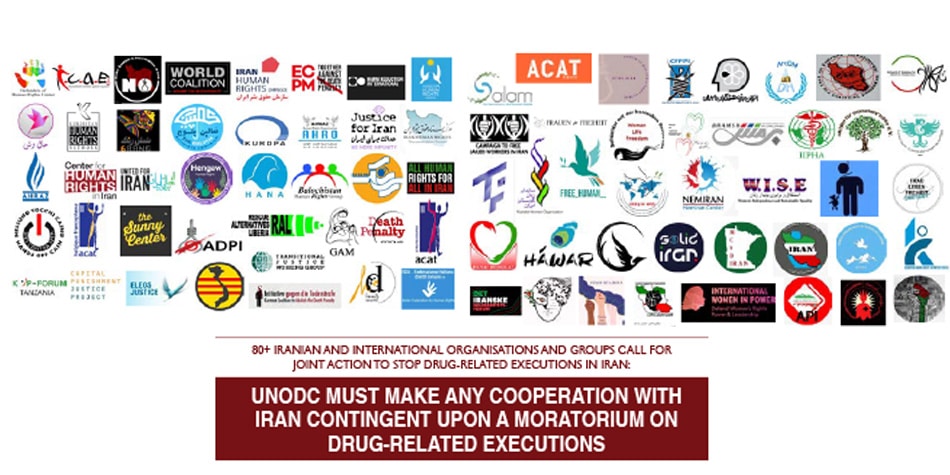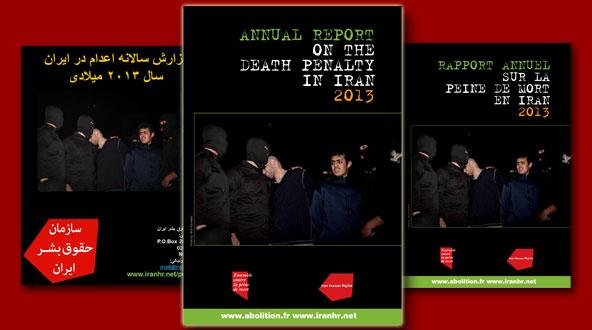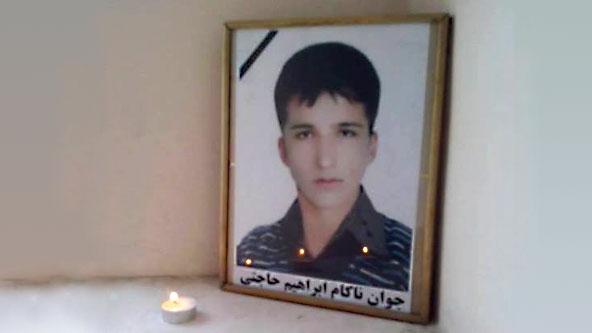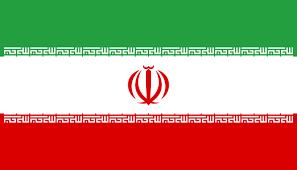
With 969 executions, 2015 turns out to be the deadliest year in Iran since 1990
General comments on death penalty in 2015 in Iran
According to the report, the main noticeable trend of 2015 is the 29% increase in executions (reaching the number of 969) compared to 2014. Since the first annual report by IHR in 2008 the number of executions increased by about 300%. With 969 executions, 2015 was the year with the highest number of executions since 1990.
Despite the hope of an improvement in Human Rights issues under the presidency of Hassan Rouhani, it must be reminded that, since his election in June 2013, at least 2162 people have been executed. A comparison between the 2.5 years after Hassan Rouhani’s election and the 2.5 years before his election show an increase of 43% in the number of executions.
Focus on death penalty applied to drug-related offenses
This report stresses the fact that the number of capital crimes in Iran is among the highest in the world. Many of the charges (such possessing or selling illicit drugs) are not considered as the most serious crimes and therefore do not meet the ICCPR minimum standards. Indeed, in the year when the UN put emphasis on human rights in the international fight against drug trafficking, Iran executed more than 638 people for drug offences, which makes 2015 the deadliest year since 1990 as for drug-related executions in this country.
Yet, in a will to fight drug offenses in a different way, 70 members of Iran’s Parliament reportedly signed, in December 2015, a proposal for a change in legislation in order to end the death penalty for drug offenses. The proposal calls for a life sentence instead of death for drug offenders who have not been involved in armed drug trafficking. Most likely, the change in rhetoric, which hopefully will lead to a change in legislation, is the result of international pressure on the Iranian authorities, on UNODC and on the European countries cooperating with UNODC in fighting drug trafficking in Iran.
Worrying trends regarding public executions, women and juveniles
Although international criticism and debate inside the country was quite sharp on the matter, Iranian authorities continued to carry out public executions: 57 executions were reportedly conducted in public spaces in 2015.
Besides, in violation of its international obligations, Iran remains as one of the few countries sentencing juveniles to death and it executes more juvenile offenders than any other country in the world. At least 3 juvenile offenders were among those executed in 2015.
Finally, according to reports gathered by IHR, at least 19 women were executed in 2015 in Iran.
Encouraging trends for the future of death penalty in Iran
However, some promising signs inside Iran are underlined in this report. For instance, the movement against the death penalty seems to have been continuously growing. An increasing number families of murder victims were thus encouraged to choose forgiveness instead of the death penalty. In 2015, the number of the families of murder victims who chose forgiveness was higher than the number of those who asked for a retribution death sentence for the murder convict.
On the occasion of launching this annual report, IHR and ECPM called on Iran’s European partners to make more effort to reduce the death penalty in Iran. Indeed, Mahmood Amiry-Moghaddam, the Director of IHR, said “Europe and European companies cannot be silent witnesses to Iran’s horrendous death penalty record. Upgrading business relationship with the Iranian authorities must be conditioned on restriction of the use of the death penalty. The growing abolitionist civil society inside Iran, and Iran’s need for foreign investments provide a rare opportunity for Europe to contribute to limiting the use of the death penalty and improving human rights in Iran”.
Raphaël Chenuil-Hazan, the Executive Director of ECPM added “We call on Iran to impose a moratorium on the death penalty for drug related offences, while it is considering a new legislation of the Anti-drug law. We also ask the Iranian authorities to give special consideration to the most vulnerable groups in the Iranian society, including Afghan citizens”.
These organizations also called on the UNODC to cease its law enforcement cooperation against drug trafficking and to condition future support on a moratorium on the death penalty for drug related offences.
Categories
Iran (Islamic Republic of)



